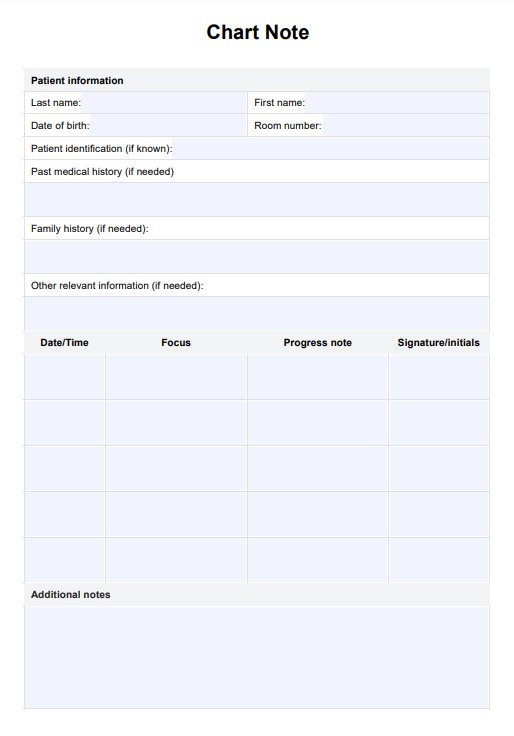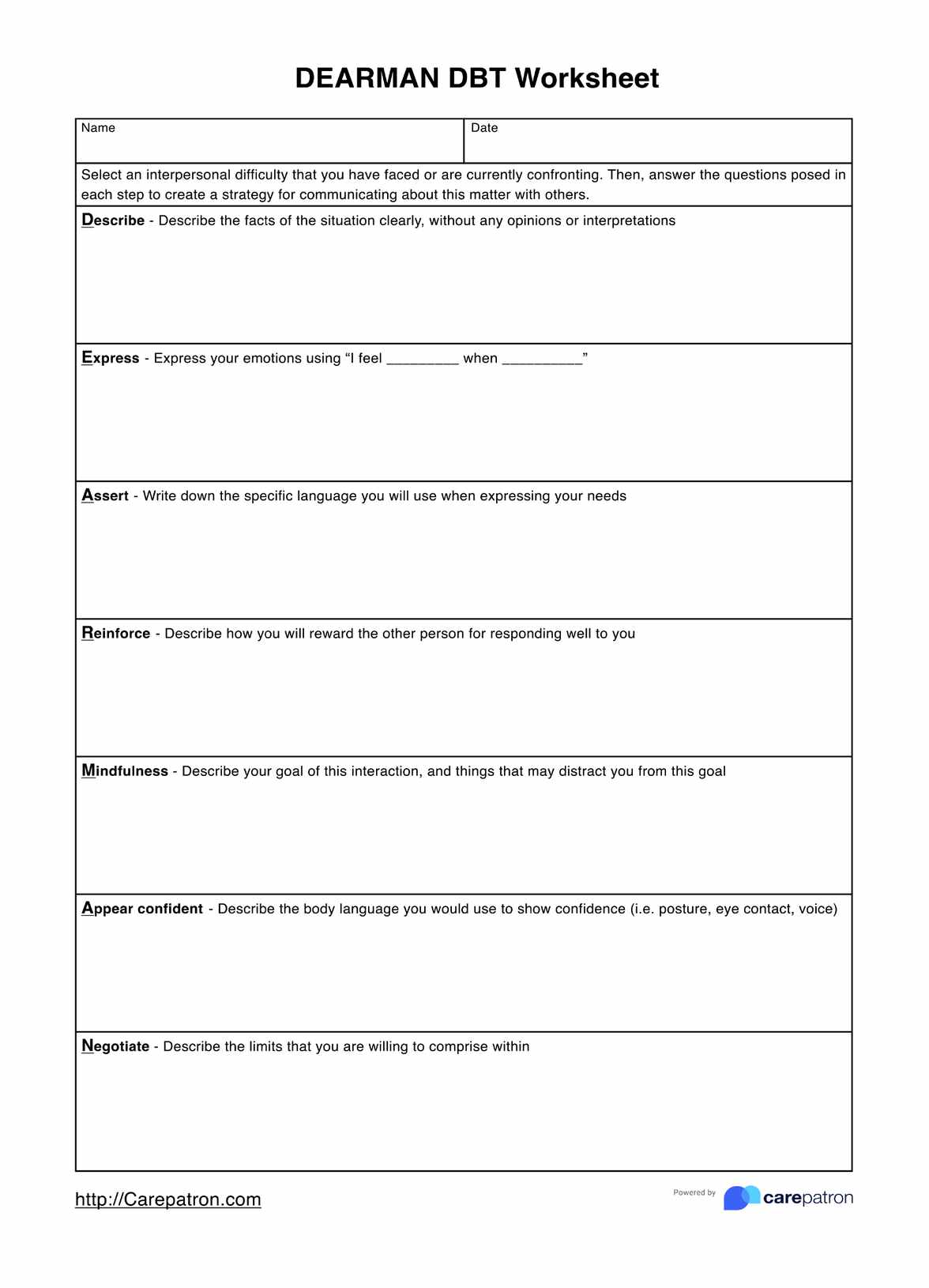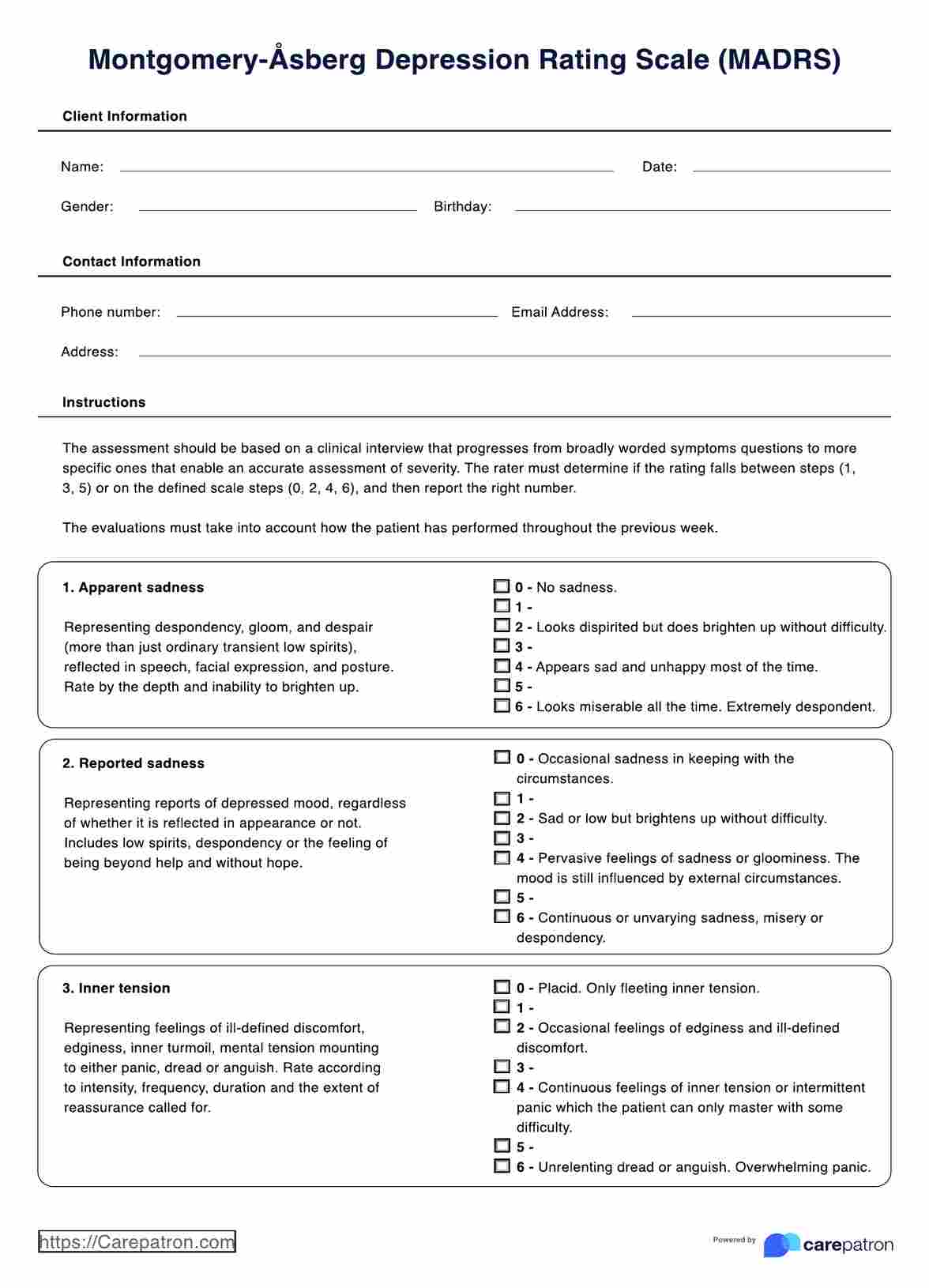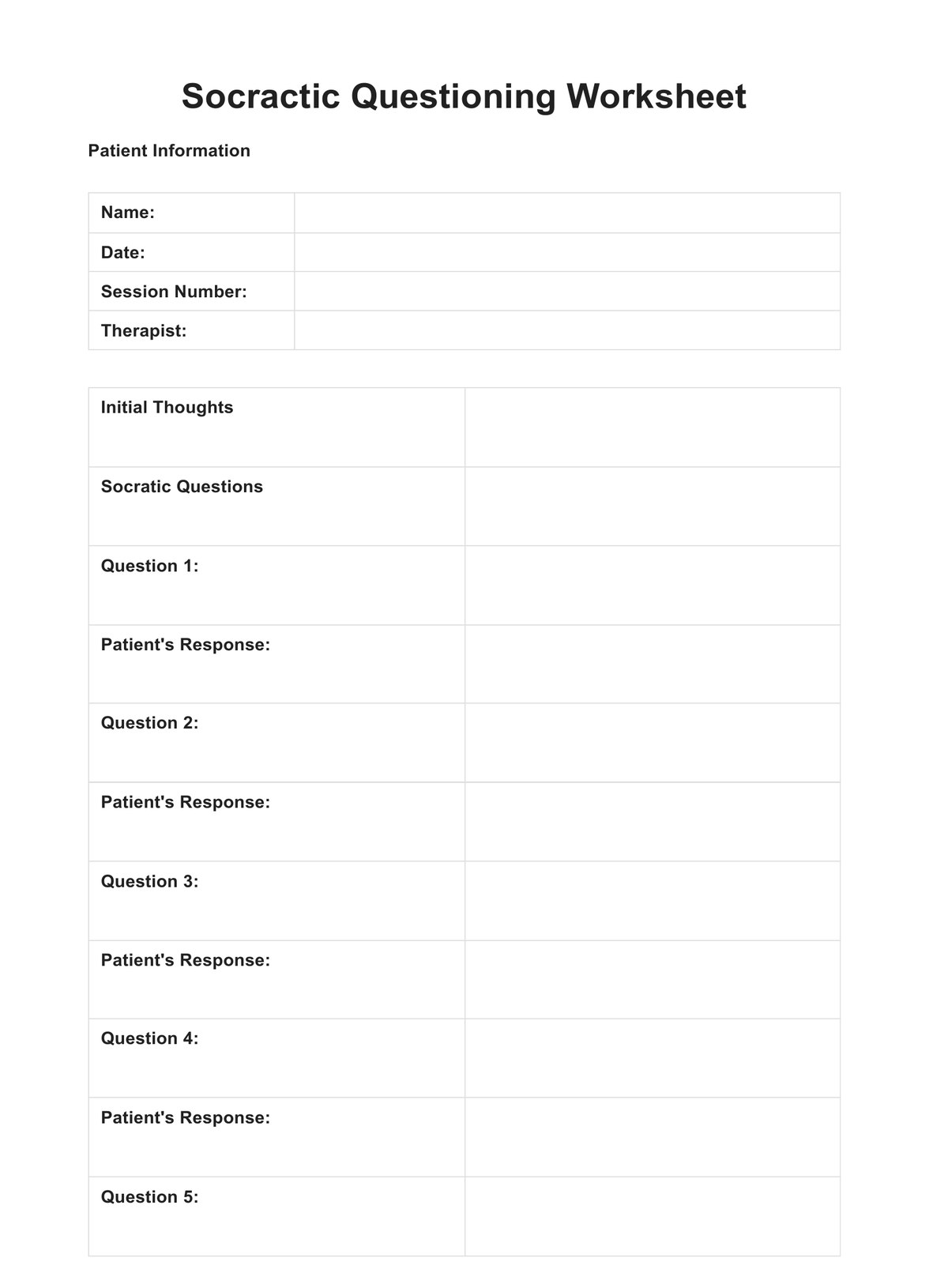Integrity Test
Uncover the essentials of integrity with our Integrity Test Template. Designed for mental health professionals, this tool aids in evaluating ethical behavior.


What is integrity?
Integrity is a personal quality encompassing honesty, moral principles, and consistency in actions and values. It involves doing the right thing, even when no one is watching, and adhering to ethical standards in all situations. Integrity is crucial for building trust in relationships, maintaining a good reputation, and ensuring fairness in interactions.
Having integrity is crucial because it forms the foundation of a person's character and influences their interactions with others. People with high integrity are often respected and trusted by their peers, employers, and society as a whole. They are known for their reliability, honesty, and ethical behavior.
Positive consequences of integrity include stronger relationships, a positive reputation, and increased self-esteem. Individuals with integrity are more likely to be successful in their personal and professional lives, as they are seen as trustworthy and dependable.
On the other hand, a lack of integrity can lead to negative consequences such as damaged relationships, loss of trust, and a tarnished reputation. Dishonest behavior and a disregard for ethical standards can result in counterproductive behaviors and harm to oneself and others.
In summary, integrity is an essential personality trait defining a person's character and moral compass. It plays a crucial role in determining how individuals are perceived and how they interact with the world around them.
Integrity Test Template
Integrity Test Example
What is an Integrity Test?
An integrity test is a type of personality test used to evaluate an individual's honesty, trustworthiness, and adherence to moral and ethical principles. These tests are often used in pre-employment screening and the hiring process as an integrity testing screen to identify potential employees who may exhibit dishonest behavior or engage in counterproductive activities in the workplace. Here, we'll discuss the two main types of integrity tests: the overt integrity test and the covert integrity test.
Overt integrity tests, also known as clear-purpose tests, directly ask questions about the test-taker's honesty, ethics, and past behavior related to integrity. Overt tests often include scenarios where the individual must choose how to respond to ethical dilemmas.
Covert integrity tests, or personality-based tests, assess personality traits associated with integrity, such as conscientiousness, reliability, and social responsibility. These tests do not directly ask about honesty but infer integrity from the individual's responses to various personality questions.
Integrity tests are commonly used by employers, mental health professionals, and counselors to assess individuals' integrity and ethical behavior. Understanding how to pass integrity tests can be beneficial for job seekers. They can be valuable tools in making informed decisions about hiring, promoting, and understanding a person's character.
How does our Integrity Test work?
Our Integrity Test is designed to comprehensively assess an individual's integrity, combining overt and covert testing methods. Here's how it works:
Step 1: Access the template
First, access the Integrity Test template through the Carepatron app or website. This ensures you have a standardized and reliable tool for assessing integrity.
Step 2: Review the statements
The test consists of two sections: overt and covert. In the overt section, the individual responds to direct statements about honesty and ethical behavior. In the covert section, they answer questions that assess personality traits associated with integrity.
Step 3: Respond to the statements
The individual rates each statement on a scale from 1 to 5, where 1 = Strongly Disagree and 5 = Strongly Agree. Their responses provide insights into their honesty, ethical behavior, and personality traits related to integrity.
Step 4: Calculate the scores
Total the scores for each section to get an overall integrity score. Higher scores in the overt section indicate stronger alignment with principles of honesty and moral conduct, while higher scores in the covert section suggest personality traits associated with integrity.
Step 5: Interpret the results
Use the scores to evaluate the individual's integrity. Consider the context and discuss the responses to understand the motivations and feelings associated with each statement.
Step 6: Reflect and discuss
Encourage the individual to reflect on their answers and discuss any areas where they would like to explore or improve their integrity.
By following these steps, mental health professionals can use our Integrity Test to assess and understand their patients' integrity, aiding in therapeutic approaches and personal development.
How do you interpret the results of this Integrity Test?
Interpreting the results of the Integrity Test involves analyzing the scores from both the overt and covert sections to gain insights into an individual's integrity. Here's how to interpret the results according to each section:
Overt integrity score
The overt integrity questions are presented first in our test template. Here's how to interpret the score:
- Higher scores indicate a stronger alignment with principles of honesty and moral conduct. This suggests that the individual values truthfulness, ethical behavior, and taking responsibility for their actions.
- Lower scores may suggest a need for further exploration of the individual's attitudes toward honesty and ethics.
Covert integrity score
After the overt questions, the covert integrity questions are presented. Take a look at what the scores mean:
- Lower scores in the covert section suggest a more substantial alignment with personality traits associated with integrity, such as conscientiousness, agreeableness, and emotional stability.
- Higher scores may indicate tendencies towards manipulative or self-serving behavior, which could be areas for further exploration and discussion.
Considering the context and using additional assessments to evaluate integrity comprehensively is essential. Discussing the results with a mental health professional can help individuals understand their scores and explore areas for personal growth and development.
When is this test conducted?
The Integrity Test can be conducted in various situations to assess an individual's integrity and ethical behavior. Here are some appropriate times to use this test:
- Pre-employment screening: -employment screening: Employers often use employee integrity tests and cognitive ability tests during the hiring process to evaluate a candidate's honesty, reliability, ethical standards, and cognitive skills, ensuring that the tests are conducted ethically and within legal boundaries. This helps select individuals less likely to engage in counterproductive behaviors such as theft, fraud, or dishonesty.
- Employee assessments: Organizations may conduct employee integrity testing to ensure continued adherence to ethical standards, especially in positions of trust or where ethical behavior is critical.
- Counseling and therapy: Mental health professionals may use the test during counseling sessions to explore issues related to honesty, ethics, and moral values. This can aid in addressing behavioral problems or in character development.
- Academic settings: Schools and universities might use integrity tests to assess students' honesty and ethical behavior, particularly in situations related to academic integrity, such as cheating or plagiarism.
- Research studies: Researchers may use integrity tests to study the relationship between personality traits, integrity, and various outcomes in different populations.
By using the Integrity Test in these contexts, individuals and organizations can gain insights into ethical behaviors and make informed decisions based on the results.
What are the benefits of taking this test?
Taking an Integrity Test offers several advantages for both individuals and organizations, including insights into an individual's potential impact on job performance. Here are some key benefits:
- Enhanced self-awareness: For individuals, the test can provide insights into their own ethical beliefs and behaviors, helping them understand their strengths and areas for improvement.
- Improved decision-making: By understanding one's integrity profile, individuals can make more informed decisions that align with their moral values and ethical standards.
- Risk reduction: For organizations, using integrity tests in the hiring process can help identify candidates who are less likely to engage in counterproductive behaviors, reducing the risk of theft, fraud, and other unethical actions.
- Cultural fit: The test can assist in selecting employees whose values align with the organization's culture, promoting a more cohesive and ethical work environment.
- Development opportunities: The results can be used to tailor training and development programs focusing on enhancing employee ethical behavior and integrity.
- Trust building: Demonstrating a commitment to integrity through testing can help build trust with clients, customers, and stakeholders, enhancing the organization's reputation.
Overall, the Integrity Test can be valuable for fostering ethical behavior, promoting personal growth, and ensuring organizational integrity.
Commonly asked questions
An integrity check is important because it helps identify an individual's honesty, ethical behavior, and moral principles, which are crucial for building trust and maintaining healthy personal and professional relationships.
The two types of integrity tests are overt integrity tests, which directly ask about attitudes toward dishonest behavior, and covert integrity tests, which assess personality traits associated with integrity through indirect questions.
Integrity can be measured using integrity tests that assess an individual's attitudes towards honesty, ethical behavior, and moral principles, as well as their likelihood to engage in counterproductive behaviors.


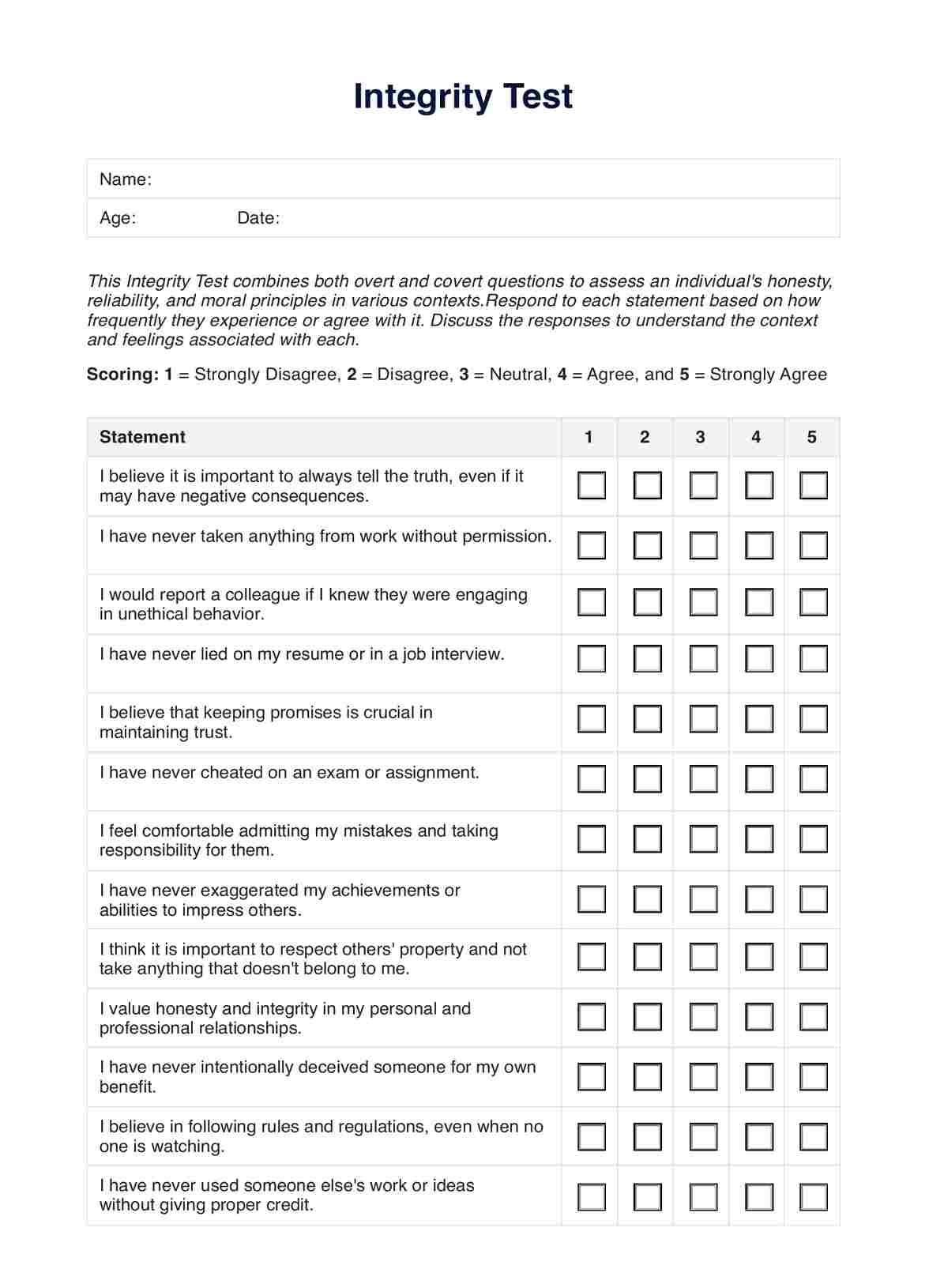
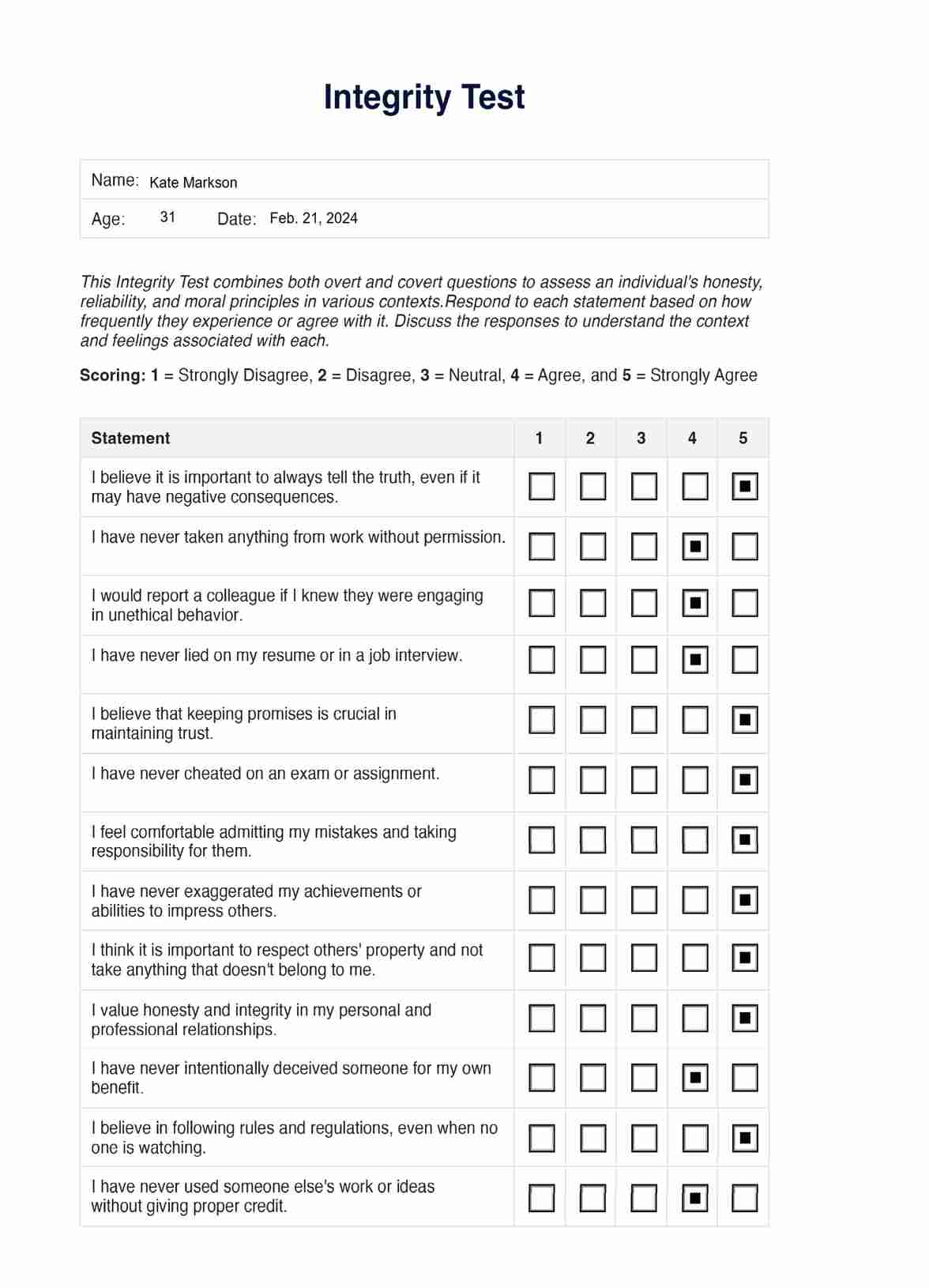

















-template.jpg)



















































































